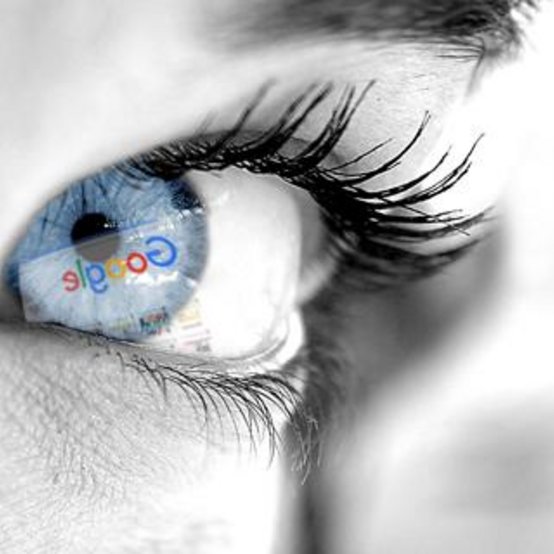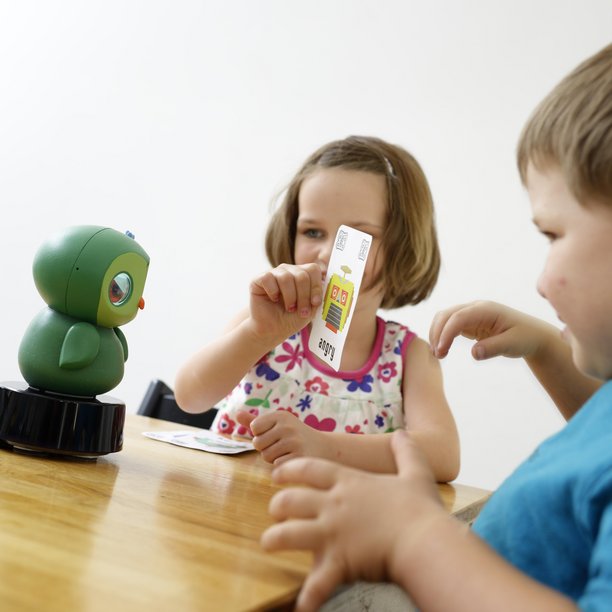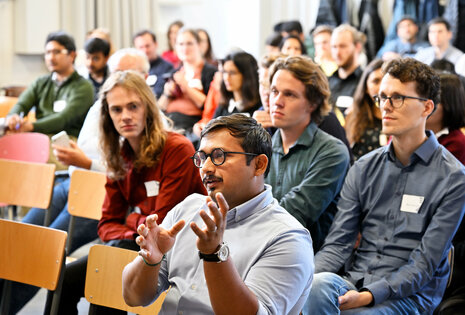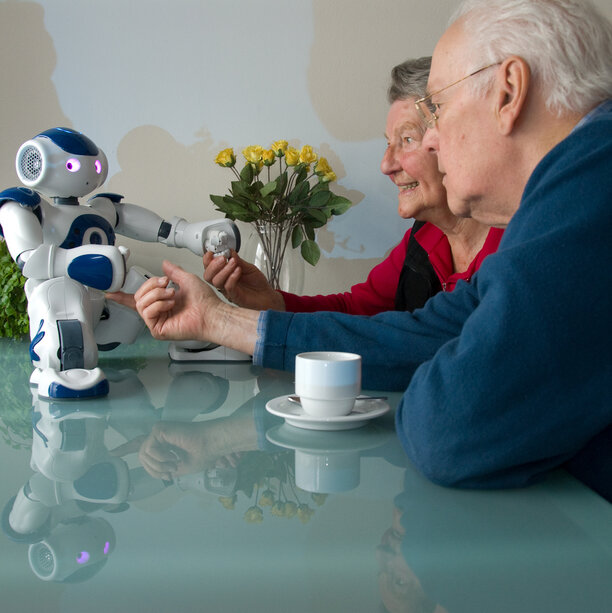Our Mission
We focus on human-centered and value-sensitive approaches to technology understanding and design.. We investigate how different technologies can impact human mind, behaviour, and values, as well as how technologies should be designed for effective, sustainable, and responsible interaction with humans at individual, interpersonal, organizational and societal levels.
Our expertise is unique in terms of its potential to translate and apply deep social scientific knowledge and methods from psychology, philosophy and ethics. We contribute to scientific insights and design methods that shape technological innovations, and help assess effects and implications of modern technology on human mind and behavior.
Our research topics

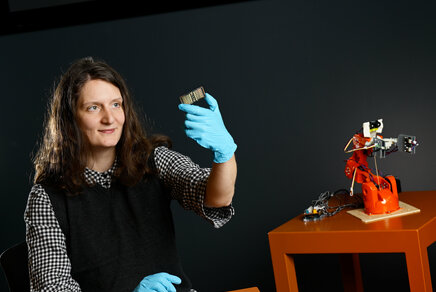
![[Translate to English:] [Translate to English:]](https://assets.w3.tue.nl/w/fileadmin/_processed_/3/6/csm_iStock-1422766384_c5282858ac.jpg)
![[Translate to English:] [Translate to English:]](https://assets.w3.tue.nl/w/fileadmin/_processed_/b/d/csm_Eelco%20Braad%20gieter_9b5589ce2b.jpg)

![[Translate to English:] [Translate to English:]](https://assets.w3.tue.nl/w/fileadmin/_processed_/c/6/csm_taler-in-use_6f4a817096.jpg)
Flashback on events
An overview of past events organized by and in cooperation with the Center for Humans & Technology
Meet our board
Contact us
-
Secretary
Anita Nellissen -
Marketing & Communications
Marc Rosmalen -
Postal address
PO Box 5135600 MB Eindhoventhe Netherlands -
Visiting address
ATLAS-building 9.401Groene Loper5612 AS Eindhoventhe Netherlands
